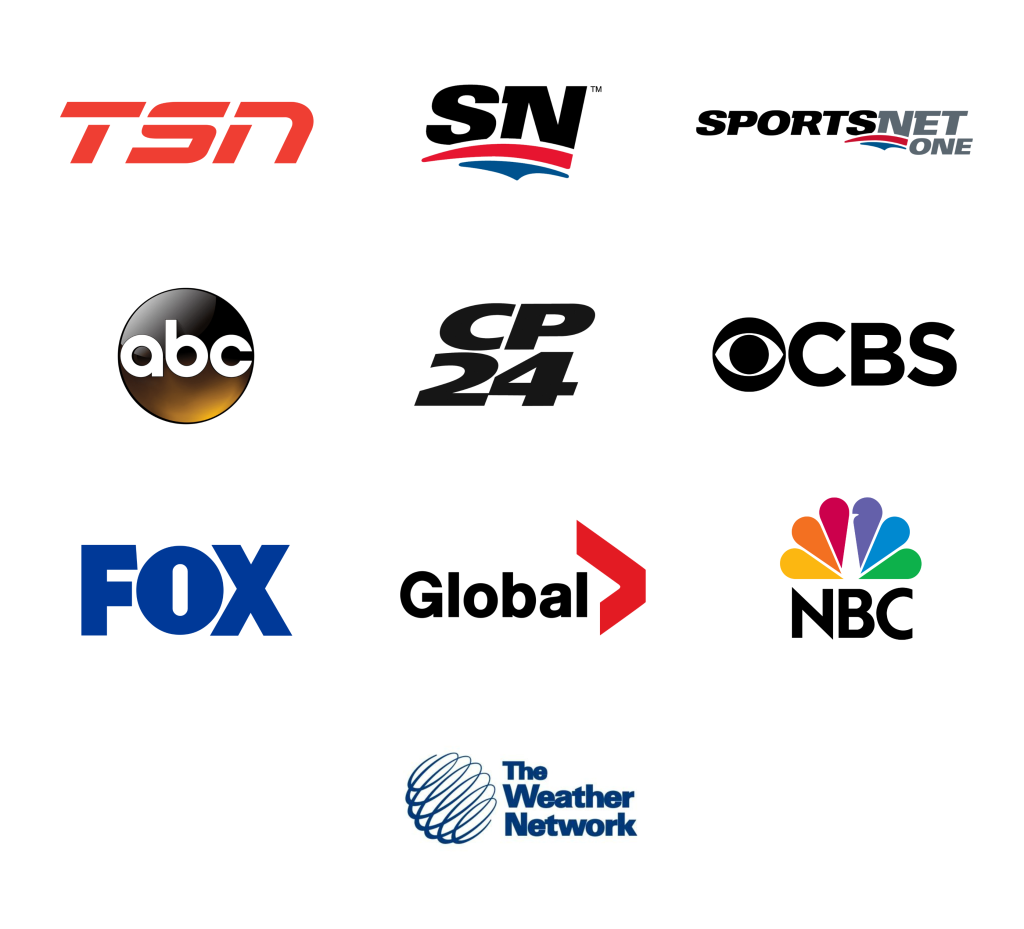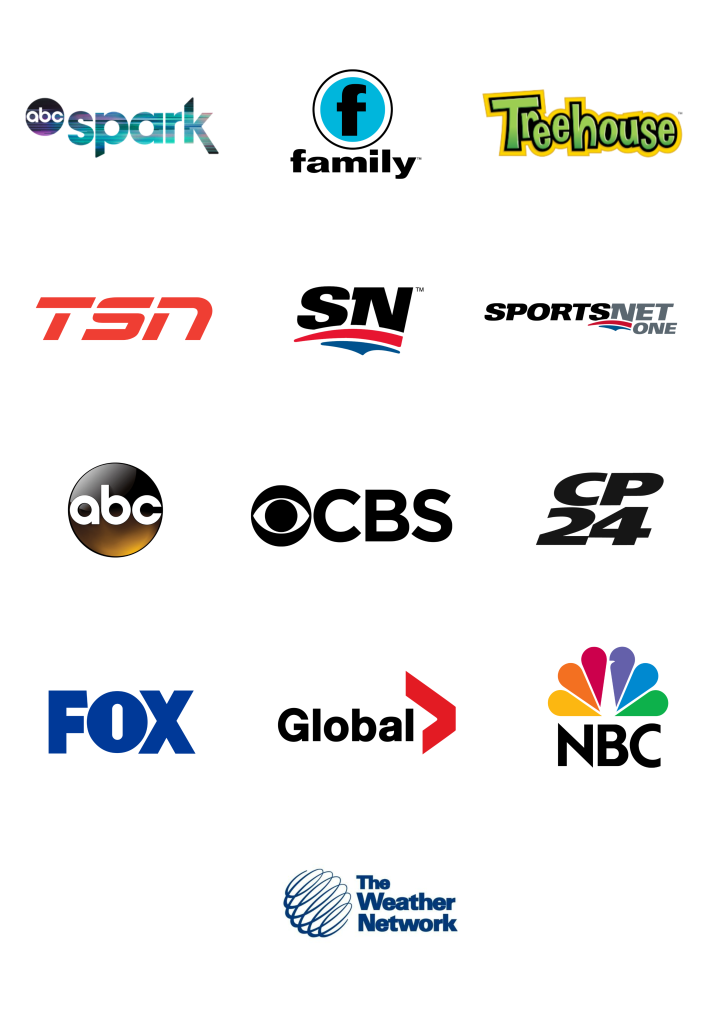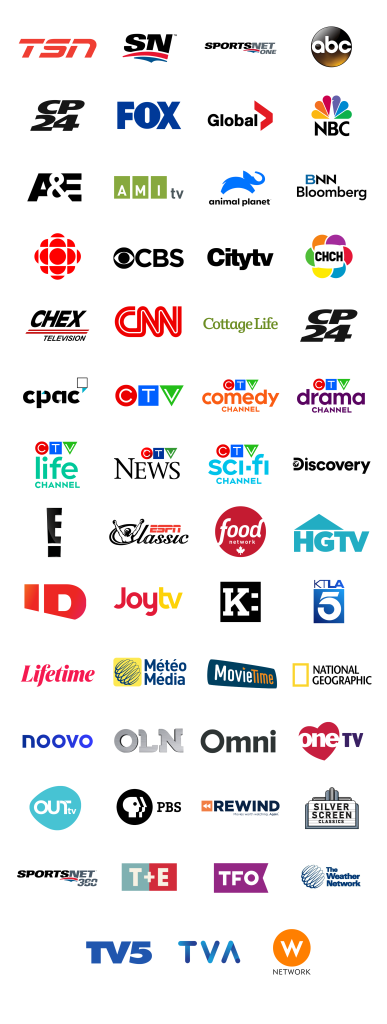
 May 1 2022
May 1 2022
There’s no question that everyone needs the internet, whether it’s for work or play, or simply staying connected. The only question is, how fast should your internet speed be—and how much does it cost?
A good, reliable internet connection is first and foremost determined by a fast speed. But is the fastest speed always right for everyone? It’s not as simple as that, nor does it always guarantee the best value for your budget.
When shopping for an internet provider and a home internet plan, you need to consider a few factors beyond the internet speed itself. More than the number, you need to consider what the speed means and what it can do for your needs. So let’s take a closer look at these factors that determine how fast your internet speed should be—and how you can get it at the lowest prices.
The first—and most important—thing to keep in mind when shopping around for internet providers is that there’s an internet speed for everyone. This also means that “fast” means something different for everyone.
What’s considered fast internet—and fast enough for your needs—depends on your daily browsing, streaming, gaming, working habits, and the number of devices sharing the internet connection in your home. For example, a family of four with multiple devices and parents working from home will certainly need faster speeds than someone who lives alone. Similarly, an avid gamer and streamer will need the fastest possible speeds compared to an older couple that primarily uses the internet to stay in touch with family.
While it might seem easy to go with the fastest speed available from a provider, it’s important to consider your actual usage. This helps you make sure that you’re only paying for exactly the internet that you use and need on a regular basis so that you can get more affordable rates at the best value.
You already know that what counts as fast internet greatly depends on your needs and habits. But it’s not all subjective. There are minimum standards for high-speed internet in this digital age, which is defined as 25Mbps. We’ll save you the trouble, though—this basic speed is just the bare minimum. You will very likely need a lot more than just the basics at 25Mbps. While this speed may be able to handle checking your emails and scrolling through social media on a single device, it won’t do very well if you’re using multiple devices, like your phone, computer, and TV, as well as when binge-watching on streaming platforms.
Bandwidth refers to the maximum rate that you’re able to download data from the internet to your computer, measured in bits per second or Mbps. Simply, bandwidth determines how fast you can download a file, stream a show or movie smoothly, post on your social media profile, and just about anything else you do online.
To understand bandwidth, you first need to look at what you’re doing online. Some activities take up more bandwidth than others because they require transferring large amounts of data from the internet to your computer. So, while checking emails and reading an article won’t take up much bandwidth, gaming and streaming a movie certainly will.
Before committing to an internet speed, you need to consider if it’s fast enough for everything you do online. Here’s a quick guide to some of the most common online activities and the minimum speed they require for each device being used:
Now, keep in mind that bandwidth is shared among all devices connected to your home internet network. With more devices on your network, you’ll need a higher speed to ensure all devices are connected. Since it’s common for most people to have multiple devices, a family of four can quickly add up to at least 8 devices, not counting home appliances.
Add to that, you need to consider what each person is using the internet for. From Zoom calls for work to streaming and gaming, it’s clear that the 25 Mbps basic speed wouldn’t be considered high-speed internet for many. To make sure your internet is fast enough, you need speeds that can support all users, devices, and activities.
Finally, consider the upload and download speed of your internet connection. Internet providers typically advertise the download speed, which is usually much faster than the associated upload speed. In fact, the ratio is typically 1Mps of bandwidth for uploads for every 10Mbps for downloads.
It’s because most user activities like opening a web page, receiving messages, and streaming involve downloading data from the internet to your device. Upload speeds are usually slower, with higher speeds only required if you’re consistently sending large amounts of data online, such as when you’re streaming your video feed over a Zoom call, or uploading content.
So when you’re shopping around for plans and providers, make sure to consider your everyday activities and see if your internet speed is fast enough. While very high download speeds are very attractive, getting fast internet that’s right for your needs requires a balance of download and upload speeds.
Now, with these five key factors in mind, you’re ready to start your search for fast internet, with the right speed for your everyday needs and low prices tailored to your budget. At Comwave, we provide exactly that.
Whether you’re working from home, playing lots of online games, or streaming all day, we can help you find the right internet speed for your needs. Our team can help you review your regular internet usage and daily activities and the number of devices you use to browse and stream. Based on these factors, we’ll recommend a fast and cheap Comwave internet plan that caters to your online habits. Our guarantee is fast internet that can handle all your needs at low, budget-friendly prices that make reliable home internet accessible to all.
Want to know the right internet speed that’s fast enough for your everyday needs? Get help shopping for fast and cheap internet, only from Comwave, and unlock exclusive offers like internet and TV bundles for maximum savings.

Comwave offers fast, unlimited internet and special bundle deals at incredible value, giving you the speed you need through a reliable connection that supports all your devices.
1-866-542-6694© 2024 Comwave Networks Inc. All rights reserved.
911 has certain limitations versus traditional E-911. Details at www.comwave.net/legal



First, let us know where you live so we can make sure that we can provide service in your area.